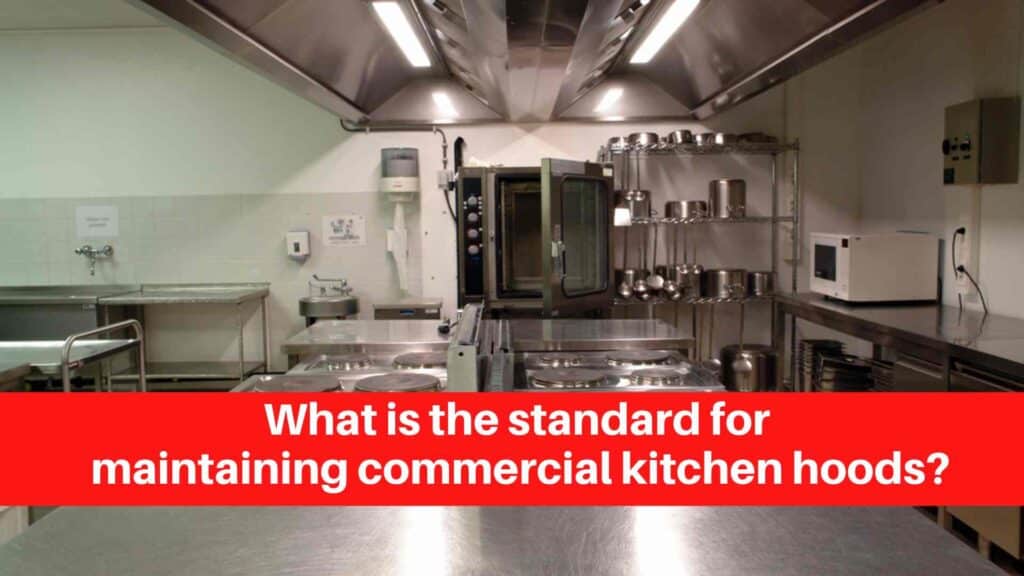NFPA 96: The Key to Ensuring Fire Safety in Your Commercial Kitchen Hood System
The National Fire Protection Association (NFPA) code 96 is the standard for the cleanliness and maintenance of commercial kitchen exhaust systems. This code establishes minimum requirements for the regular cleaning of all system components, including exhaust fans, ductwork, and hoods. Because grease buildup is the leading cause of restaurant fires, it’s critical to keep your kitchen exhaust system clean to reduce the risk of a fire.
NFPA 96 is the key to ensuring fire safety in your commercial kitchen hood system. This code establishes the minimum requirements for the design, installation, and operation of commercial kitchen ventilation systems.
To be in compliance with NFPA 96, your commercial kitchen hood system must be designed and installed by a qualified professional. The code also requires that your system be inspected and tested on a regular basis to ensure that it is operating properly.
If you own a commercial kitchen, it is critical that you are familiar with NFPA 96 and that you take the necessary steps to ensure that your hood system complies with this code. You can help prevent fires in your kitchen and protect yourself, your employees, and your customers by doing so.
The Advantages of Adhering to the NFPA 96 Standard
Adhering to the NFPA 96 Standard is essential for ensuring fire safety in your commercial kitchen hood system. The NFPA 96 Standard specifies requirements for the design, installation, and maintenance of commercial kitchen hood systems. The National Fire Protection Association develops and maintains this standard (NFPA).
The following are the advantages of adhering to the NFPA 96 Standard:
1. Reduced fire risk: The NFPA 96 Standard requires that commercial kitchen hood systems be designed and installed in accordance with specific fire safety requirements. This helps to reduce the risk of fire in your commercial kitchen.
2. Increased fire safety: The NFPA 96 Standard requires commercial kitchen hood systems to be inspected and maintained on a regular basis. This improves the fire safety of your commercial kitchen.
3. Improved employee protection: The NFPA 96 Standard requires that commercial kitchen hood systems be designed and installed in a way that protects employees from smoke and other hazards. This contributes to a safe working environment for employees in your commercial kitchen.
Understanding the NFPA 96 Requirements
The National Fire Protection Association (NFPA) requires that commercial kitchen hood systems be installed and maintained in accordance with NFPA 96. This standard provides guidance on the design, installation, operation, and maintenance of commercial kitchen exhaust systems to help ensure fire safety.
To meet the requirements of NFPA 96, commercial kitchen hoods must be designed and installed in accordance with the provisions of this standard. They must also be inspected and tested on a regular basis by a qualified individual to ensure proper operation. Finally, any repairs or modifications to the system must be made in accordance with NFPA 96.
Failure to follow NFPA 96 requirements can put your commercial kitchen at risk of fire. A fire in a commercial kitchen can cause significant property damage and potentially injure or kill people. As a result, it is critical that your commercial kitchen hood system is up to code and properly maintained.

